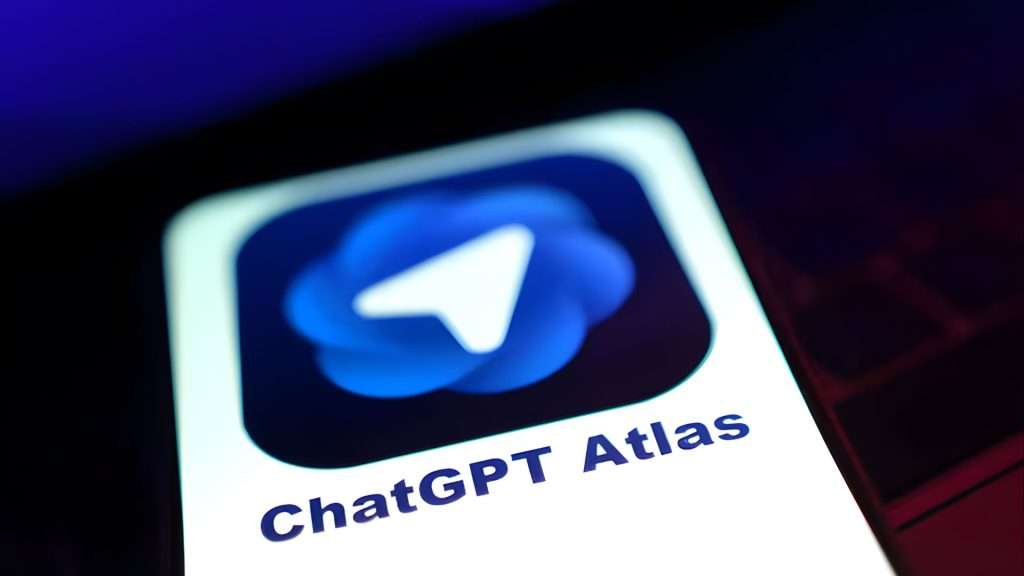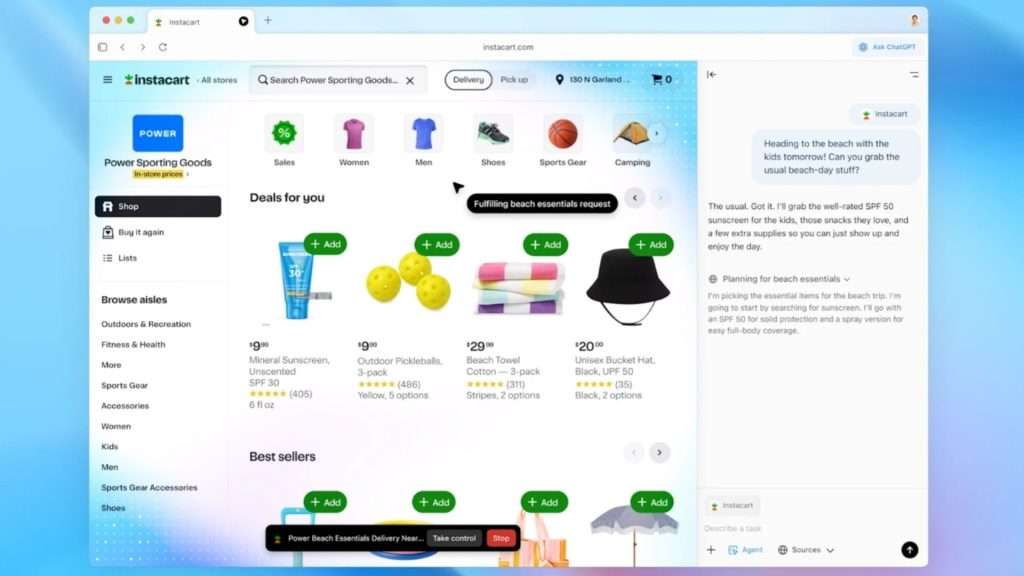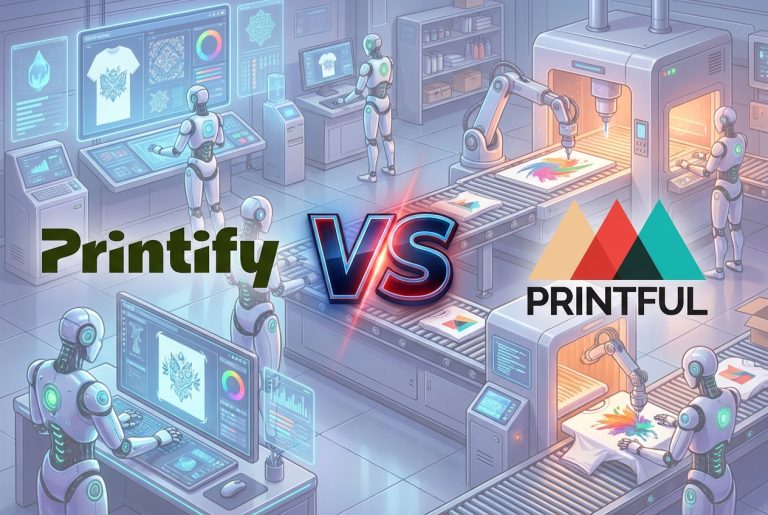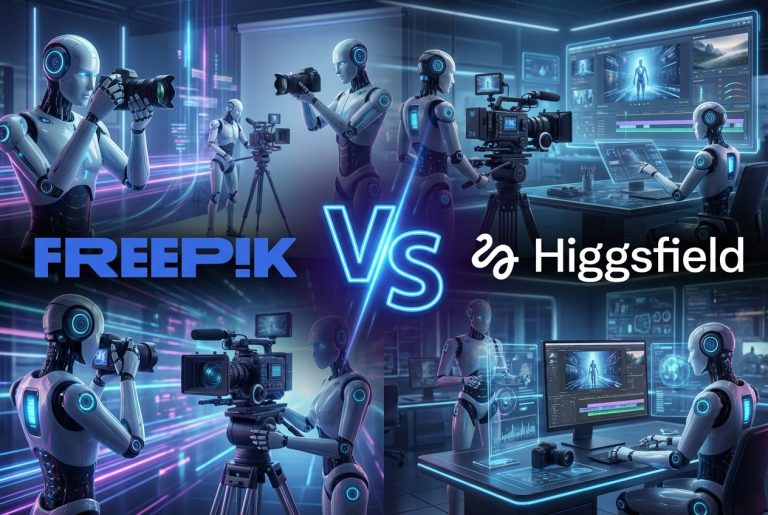OpenAI Atlas: OpenAI Launches its AI Browser to Battle Google and Perplexity

OpenAI Atlas has just landed—and it’s shaking up the entire browser world. On October 21, 2025, OpenAI officially released OpenAI Atlas, their first AI-native browser, for macOS users with plans to roll out to Windows, Android, and iOS soon.
What does OpenAI Atlas really do? This isn’t just Chrome with a chatbot attached—it’s a browser rebuilt around AI, with ChatGPT acting as your co-pilot in every tab.
You can chat, research, summarize, draft, shop, and automate repetitive web tasks—all within a slick, chat-powered interface. Pro users also get “Agent Mode,” letting Atlas handle complex multi-step web automation for you, from comparison shopping to scheduling appointments.
You can download OpenAI Atlas directly at chatgpt.com/atlas.
Why the OpenAI Atlas Launch Matters: The Data Behind the Hype
This isn’t just another shiny product drop. OpenAI Atlas lands at a critical moment when browsing and search are on the brink of a historic power shift. Consider the numbers:
- Google Chrome: Still commands a massive 71.8% of worldwide browser market share.
- OpenAI Ecosystem: Now surging to over 790 million unique users, with more than 5.1 billion monthly visits.
- Search Market: Google handles a staggering 14 billion searches daily—but AI-native search (led by OpenAI Atlas and Comet) is now trending upwards at 50–60 million searches per day.
- Perplexity Comet: The original AI-native browser, launched months ahead, boasts 70+ million users and approaches 800 million monthly queries.
Why is this important? Because OpenAI Atlas is the first genuine threat to both ends of the market: it pressures Google (for the ordinary user’s homepage and search engine) and Perplexity Comet (for the research-driven, accuracy-obsessed crowd). As AI search explodes, the default inbox of the web may soon belong to AI—whoever claims it first.
OpenAI Atlas vs. Perplexity Comet vs. Chrome: Head-to-Head Comparison
How does OpenAI Atlas stand up against Perplexity Comet and Google Chrome? Here’s where the real browser competition gets interesting:
| Feature/Metric | OpenAI Atlas | Perplexity Comet | Google Chrome |
|---|---|---|---|
| Product Focus | Mainstream, productivity and automation | Transparency, research-first | Speed, extensions, default |
| Unique Users (2025) | 790M+ (OpenAI ecosystem) | ~70M+ | 3B+ (Chrome install base) |
| Global Market Share | 60% of AI search | 6.6% of AI search | 71.8% of browsers, 90%+ traditional search |
| Search Volume | 5.1B monthly visits | 780M monthly queries | 14B daily searches |
| Core AI Model(s) | GPT-5 (OpenAI) | GPT-5, Gemini, Claude, Grok | Gemini AI (recently added) |
| Citation Transparency | Minimal | Mandatory, research-quality | Standard |
| Automation/Agent Mode | Yes, for paid users | Yes, for paid users | None/nascent |
| Platform Availability | Mac (others soon) | All major platforms | Universal |
| Target Audience | Power users, professionals | Researchers, analysts | General web users |
OpenAI Atlas feels mainstream and productivity-focused. It’s about getting things done, integrating personalized memory, automating tasks, drafting, and summarizing—all powered by chat. Perplexity Comet excels for those demanding hard citations and multi-model transparency. Google Chrome? Still peerless in speed, compatibility, and extension choice, but its AI features are just catching up.
Why the Battle Over OpenAI Atlas Is the Future of the Web

This isn’t just about shiny new browsers—it’s about who controls the front door to the internet. OpenAI Atlas combines the AI reach of ChatGPT with the everyday muscle of a Chromium browser. With nearly 800 million users—and projected growth toward the billion mark by year’s end—OpenAI is taking a direct shot at Chrome’s decades-long dominance.
- AI-native search traffic is expected to outpace traditional search by 2028.
- OpenAI’s aggressive rollouts and ecosystem (apps, plugins, workflow automation) make Atlas a true platform—not a sidecar.
- Comet broke ground—but OpenAI’s size and speed mean Comet remains a respected “researcher’s tool” but not yet a mainstream disruptor.
- Google’s counter-punch? Integrating Gemini into Chrome. With 3 billion installs, Google won’t go quietly.
Conclusion: The Next Homepage—Will It Be OpenAI Atlas?
OpenAI Atlas is a browser built for the age of AI, and it’s gunning for the mainstream. The battle isn’t just with Google’s Chrome—it’s for every search, every question, every user who wants the web to work smarter, not just faster. With immense numbers and breakneck growth, OpenAI Atlas now has the market’s attention—and a real chance to become the next true homepage of the AI-powered internet.
Whether you’re a power user, writer, or just ready to hand the tedious stuff off to an intelligent assistant, OpenAI Atlas is worth your attention. The race is on: Will OpenAI, Perplexity, or Google own the future of web search and browsing? This is where it starts.




